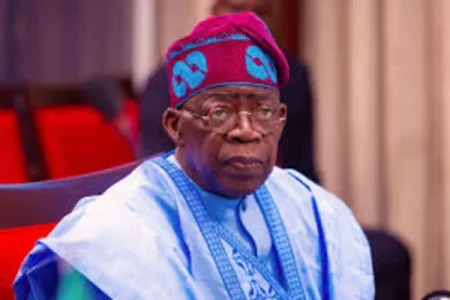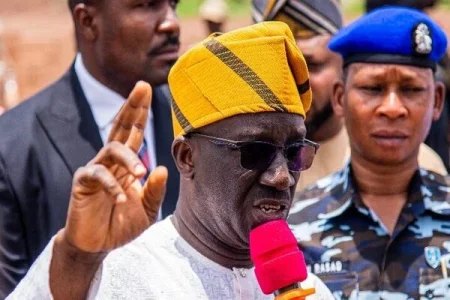
The Presidency warns that meeting Labour's N494,000 minimum wage demand would devastate Nigeria's economy, potentially shuttering small businesses and causing mass job losses.
The Nigerian Presidency has cautioned against conceding to the Nigerian Labour Congress (NLC) and Trade Union Congress (TUC)'s demand for a N494,000 minimum wage, stating that it would lead to dire economic consequences.
Ajuri Ngelale, the presidential spokesperson, emphasized that such a hike would force many small businesses to shut down, exacerbating unemployment and economic instability. The ongoing nationwide strike over the minimum wage issue underscores the urgency of resolving this deadlock between the government and labor unions.
The proposal, if implemented, would represent a substantial increase from the current minimum wage and could have far-reaching implications for both the formal and informal sectors of the economy. Ngelale highlighted the potential impact on businesses, particularly small enterprises, suggesting that mandating a significant wage increase could lead to widespread closures and job losses.
The government's offer of N60,000, while substantially lower than the labor unions' demand, reflects concerns about the feasibility of such a drastic wage hike and its potential repercussions for economic sustainability.
As negotiations continue, finding a balanced solution that addresses workers' needs while also considering the broader economic implications remains a pressing challenge for all stakeholders involved.




